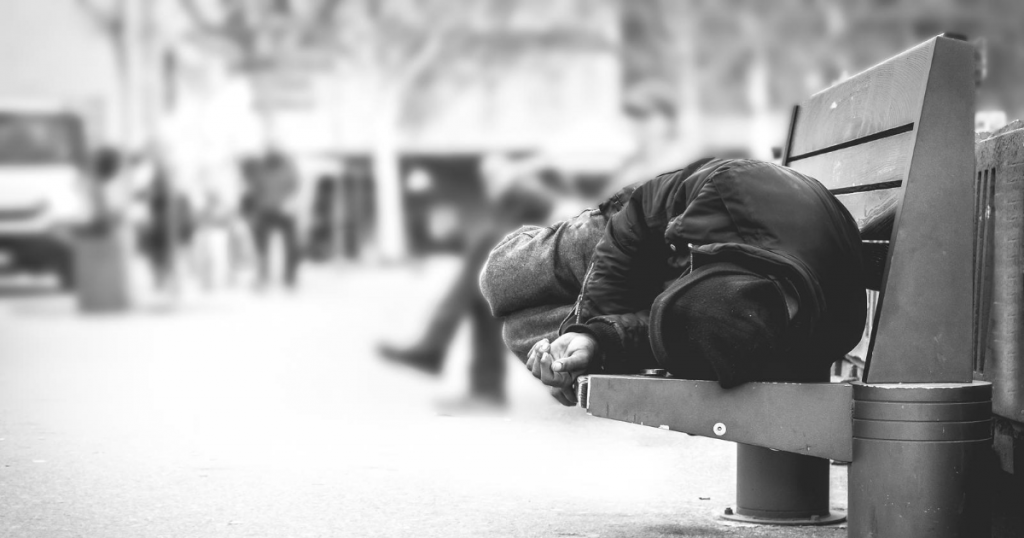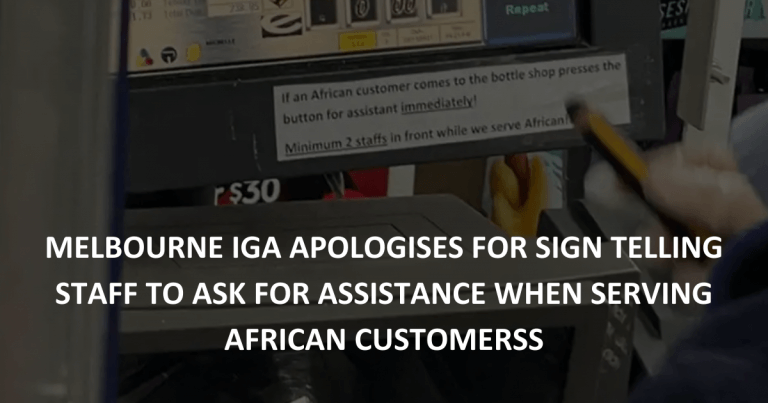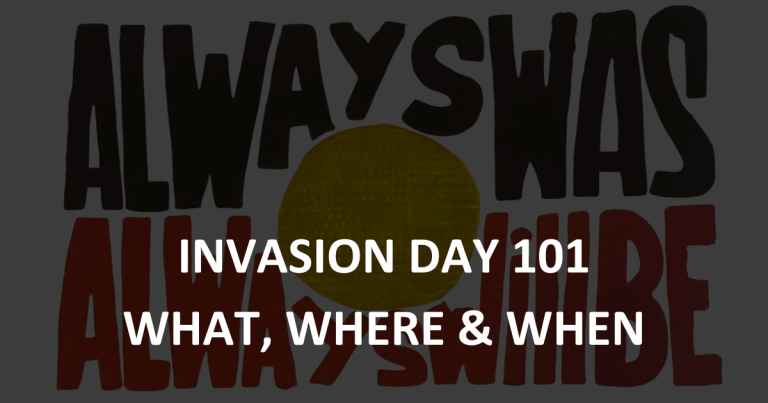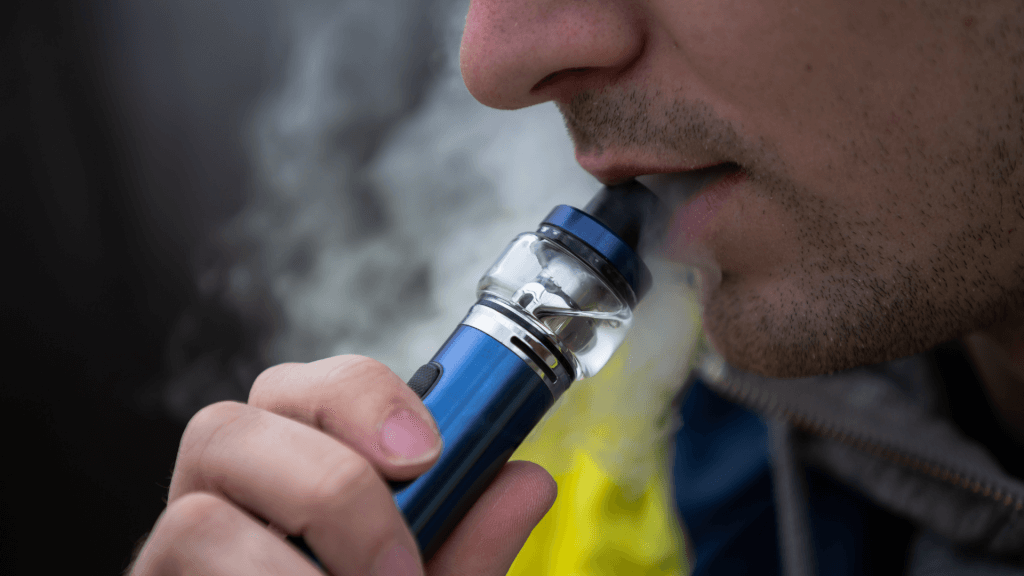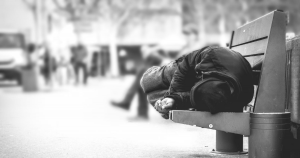 Last week, our Principal Solicitor Peter O’Brien did the Legal Aid list at Central Local Court, assisting unrepresented people with their criminal charges.
Last week, our Principal Solicitor Peter O’Brien did the Legal Aid list at Central Local Court, assisting unrepresented people with their criminal charges.
Sadly, 14 of the 15 people on the list at the Court that day were homeless.
Census figures reveal that homelessness in Australia increased by 13.7% between 2011 and 2016. 20% of those experiencing homelessness were Aboriginal or Torres Strait Islander.
15,872 of those were under the age of 12.
Homelessness and the Courts
Homelessness intersects with the criminal law in both subtle and obvious ways.
The lack of affordable housing is often a big factor for an individual being arrested and sent to jail. If you don’t have somewhere permanent to stay in, it’s extremely unlikely that you will be given bail. This is even if the offence you’re alleged to have committed is minor. Further, early release without stable accommodation is difficult, meaning homeless offenders are less likely be released on parole and more likely to stay imprisoned for longer periods.
Studies from the Australian Institute of Criminology confirm this harsh reality: out of 947 adults who had been recently arrested, one in ten detainees were classified as “sleeping rough“, or living in temporary accommodation in the past 30 days. Further, twenty-two per cent (22%) of detainees are reported being under housing stress or in unstable housing.
The result? Homeless people are overrepresented in prisons, and ex-prisoners are over-represented in the homeless population.
In Sydney in 2020, it is unacceptable that people are before the courts for stealing food to feed themselves.
“Just get a job” – it’s not that simple!
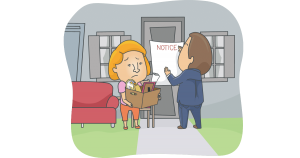 The mantra of “get a job” still rings in certain circles of Australian society, sung by people criticising the lack of social mobility amongst Australia’s homeless.
The mantra of “get a job” still rings in certain circles of Australian society, sung by people criticising the lack of social mobility amongst Australia’s homeless.
For a moment, let’s tease this out. Imagine, if you will, that you are homeless and applying for a job.
Let’s start at the very beginning: to get a job you need to apply. Most jobs are advertised online which you’ll either need a computer for or access to the public library.
When you apply you’re usually required to have a permanent address to list on your application. Even if a company lets you apply without these details you’ll still face barriers. How will they contact you to let you know you got an interview? Maybe you have a phone, or you go back to the library every day to check your emails. If you have a phone, where do you charge it? How do you pay for your bills? When it comes to paying your phone bill or buying food – what would you choose?
What problems may a homeless person encounter in getting a job?
You get the job interview and it’s at 9 am Wednesday at their office. Here are some problems:
- How do you find their office? You’d need to make sure you printed off a map while you were at the library (if you could afford to do so) or ask around.
- You’ll also have to walk there or take public transport which can get expensive.
- How do you look nice for the interview? It’s the middle of summer and you haven’t been able to shower in a week. All of your clothes are dirty.
- You’ll also need to bring all of your possessions to the interview so that they don’t get stolen. How will employers look at this?
You also probably have a criminal record if you’re homeless as you can get charged for trespassing, stealing food, unauthorised camping, failing to comply with move-on orders and the like. Most employers will look at this when you apply.
Once you have a job, the struggle continues for the homeless
Even if you do get the job you need a bank account for them to pay your wages into. To get a bank account you need a permanent address. You might be able to convince them to pay you in cash but you’ll still need a Taxation File Number (TFN). This, again, is something you’ll likely once again need an address for.
Even if you can get paid it’s usually two weeks to one month before your first paycheck. How do you pay for all your transport, grooming, storage of your items somewhere safe and food before getting paid? You can’t get a loan without an address and you probably don’t have a great credit score.
You’ll also need to shower every day and have clean clothes to wear to the job. If you’re lucky you have a uniform and are given a laundry allowance however this isn’t too common.
These are just some of the barriers that homeless individuals face when seeking employment.
Why are people homeless?
This picture is further complicated when considering the underlying issues that many homeless people face, including a breakdown in family relationships, mental health issues and substance addiction. The cycle of homelessness is self-perpetuating: being homeless is often caused by such problems, but also precipitates and exacerbates them.
| Reason for staying in a temporary location according to person | Percentage (%) |
| Family/relationship breakdown | 25 |
| Financial circumstances/job loss | 19 |
| Drug problem | 15 |
| Property Eviction | 12 |
| Court order | 11 |
| Alcohol Problem | 10 |
| Domestic Violence | 8 |
| Lack of family or social support/death of a family member | 8 |
| Recent arrival | 5 |
| mental health problem | 4 |
| Gambling problem | 1 |
| Can’t explain | 11 |
| Source: https://www.aic.gov.au/publications/tandi/tandi492 |
Solutions: Where Can We Start?
We need justice reinvestment, affordable housing solutions and we need greater support for those who are homeless.
Solving homelessness is possible. Finland did this with one simple idea – no strings attached housing. You first give someone a permanent home with no strings attached. They’re allowed full autonomy over their decisions and are offered support services if they want to treat any addictions or mental health issues. They pay rent out of Finland’s relatively generous welfare payments.
CEO of the non-profit Y-Foundation stated that “The Finnish attitude is that we have to help people who are in the most difficult position, whatever the reason they have become homeless,” he said. “We understand very well that the main reasons behind homelessness are structural reasons.”
We need to follow in Finland’s footsteps and provide unconditional housing to homeless people. First off, we need to increase Australia’s welfare payments and offer greater support to those in need.
Former prison inmates are particularly vulnerable
There also needs to be the provision of more long-term stable housing for people leaving custody. There are only a limited number of services available to those leaving prison which doesn’t sufficiently address the number leaving custody with nowhere to call home. Every prisoner deserves the chance to reform and live their best life and this cannot happen while they struggle to find a bed.
City of Sydney has a homelessness unit
The City of Sydney Council was the first council with a dedicated homelessness unit. However, without assistance from the Federal and State Governments, the issue still lingers.
Do you need assistance due to homelessness or are at risk of becoming homeless? Contact Sydney Homeless Connect.
If you are homeless and in need of legal representation please contact O’Brien Criminal and Civil Solicitors on (02) 9261 4281 or . We accept grants of Legal Aid, and can work with Legal Aid to ensure you receive the representation that you deserve.


